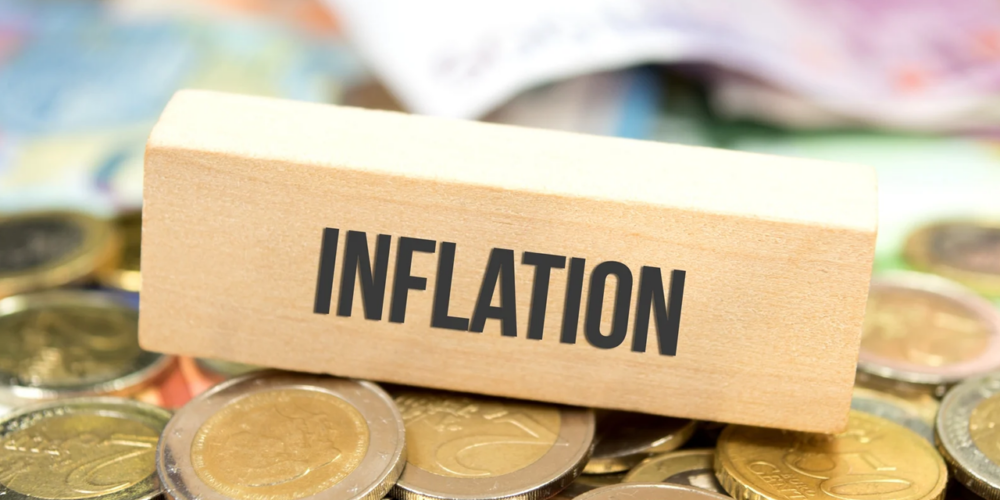Inflation is an increase in the price of goods and services. When the quantity of money in an economy exceeds the quantity of commodities it will cause “demand pull” inflation. When the cost of raw materials or an increase in wages causes price increases it is “cost push” inflation. The devaluation of a currency can also cause inflation.
The reasons for the recent trend of inflation are mainly disruptions in energy supply resulting from the Ukraine war and before that the disruption in supply chains because of covid; but more than that it is capitalists’ unwillingness to reduce their profits.
The solution proposed by “economists” for controlling inflation is to increase interest rates, which will contain the quantity of money in the economy. People will buy less, and the economists assume that this will reduce inflation. But when interest rates are high, investments also decrease, and the capitalists will produce less, and increase the price for whatever they produce.
Therefore the attempt to increase interest rates to reduce inflation could fail. It will only lead to recession, with the slowing down of production.
Why do the capitalists fear inflation, and who do they blame? Capitalists hate inflation because it destabilises the value of currency and reduces the value of their financial assets. The capitalists warn against unions demanding wage increases, saying it will trigger further inflation through a wage-price spiral.
Marx demolished this line of argument when replying to John Weston in Value, Price and Profit. Weston said that when workers get a pay increase the cost of labour is added to the cost of commodities, which ultimately the worker has to pay as a buyer of the commodities, and so they are back to square one. The fact is that if the share of wages increases, the share of profits will decrease, and along with it the rate of profit also falls.
The capitalists are hiding the fact that price increases are caused by greed for profit and not by an increase in wages. There is no evidence that wage increases cause inflation, whereas it is evident that the profits of big businesses have gone up alongside inflation.
The solution the “economists” propose is to control inflation by creating unemployment: the creation of a reserve army of labour will make workers compete for lower wages in order to get employed. This puts downward pressure on wages. When the wages are reduced the input costs decrease, and so the prices are controlled at the expense of the working class, whose standard of living deteriorates.
Capitalism has to create a reserve army of labour in order to reduce wages, which is an absolute necessity for the accumulation of capital, without which it cannot function.
Nowadays a different term is used to denote the reserve army of labour: the “non-accelerating inflation rate of unemployment,” or NAIRU, which means the lowest unemployment rate that can be sustained without causing wage growth and inflation. The issue here is that the many are paying a price for the greed of a few.
These are conditions that create fertile grounds for the rise of fascism: when capitalism is in crisis and there is an aroused working class organising for better wages and against sackings and unemployment. Fascism has always been a brutal expression of the power of big capital in imposing class domination by force; when it cannot control by persuasion it uses coercion.
Capitalism preaches democracy and human rights but employs fascist elements to subvert democracy and strangle human rights. It happened during the Great Depression of the 1930s, which produced the rise of Mussolini and Hitler. The Sturmabteilung or Brownshirts were the gangs used by Nazis, while Blackshirts were employed by Mussolini to terrorise organised workers.
The recent meeting of the National Party in Enniskillen should be seen with great concern. With workers rallying on the streets against the cost of living, these fascist gangs, who have the sanction of the ruling class, can be expected to do anything to terrorise their opponents and to ignite hatred against immigrants and divert attention from the real class enemy.
Only the united struggles of the working class can withstand fascism and tilt the balance of power in favour of the oppressed classes.






